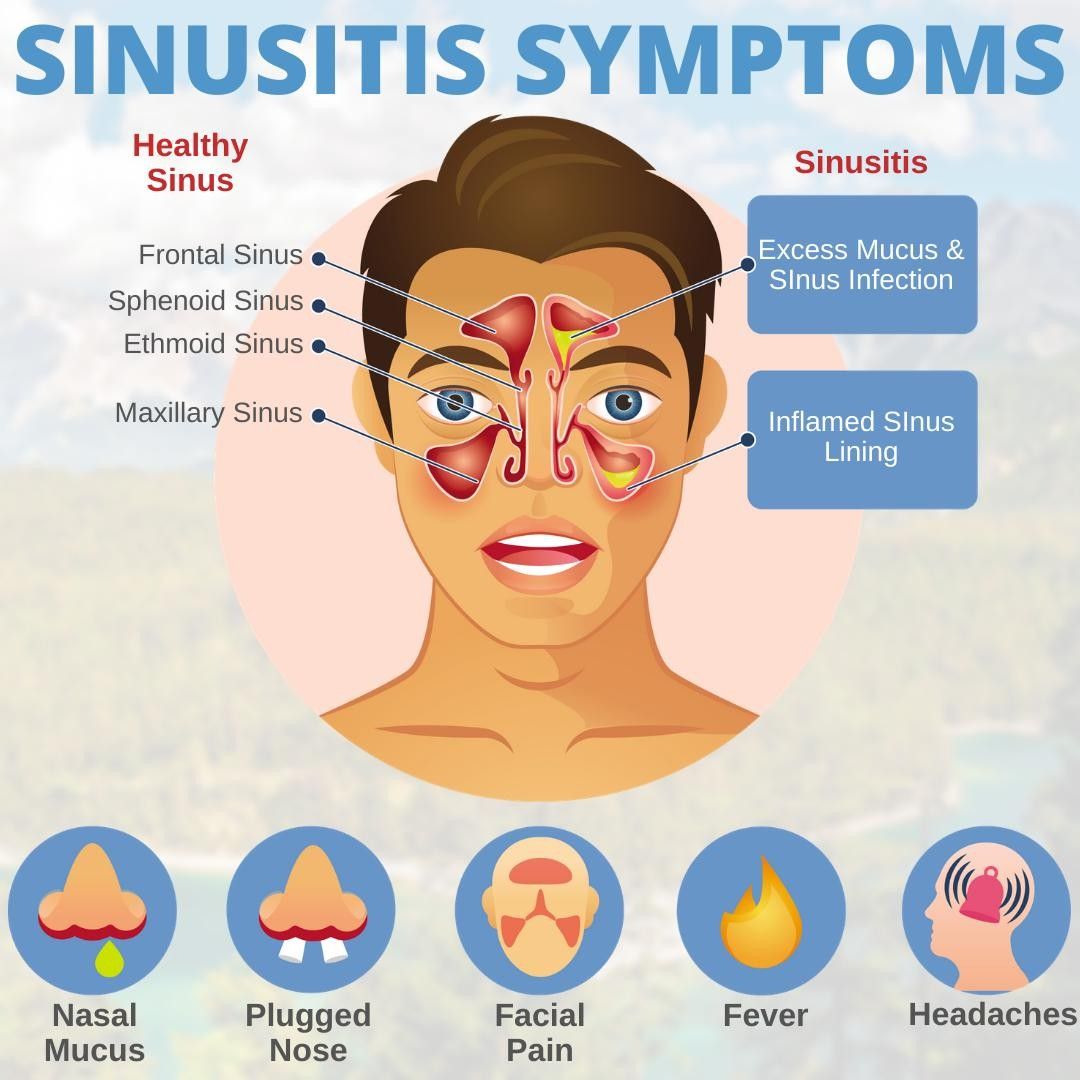
The sinusitis symptoms vary from person to person. Some are severe and last for a few weeks. Some are less painful but irritating. The best treatment for moderate symptoms is hot compresses, steam inhalation, or irrigating the nose with saline drops. You may also want to consider over-the-counter pain relievers and decongestants. These medications can be very helpful. But they will not solve the underlying obstruction.
Your primary care physician can make a diagnosis of sinusitis based on a history and physical exam. Purulent secretions are the strongest predictors of the diagnosis. Mucus from a URTI is not usually persistently purulent, but is characterized by nasal congestion. Acute sinusitis symptoms usually peak on day three to five and resolve within seven to 10 days. In the case of persistent nasal symptoms, other diagnostic methods may be needed.
Although sinusitis symptoms are usually not serious, you should contact your doctor if you experience any of these symptoms. In some cases, the infection is bacterial in nature. In this case, you should take antibiotics until the symptoms go away. Additionally, you should also see your doctor if you get colds frequently. Treatment will depend on the severity of the infection. You should continue taking antibiotics for four to six weeks.
There is no clear indication whether your symptoms are caused by a bacterial infection or not. Your doctor may recommend antibiotics as a last resort. If sinusitis symptoms persist for four weeks or more, it may be a sign of chronic sinusitis. If your condition has not improved after four weeks, you likely have a C. diff infection, which can cause serious problems such as colon damage and even death.
The pain you experience can help determine which sinus is affected. It is important to remember that the location of the pain will determine which sinus is affected. For example, pain in the forehead would indicate the frontal sinus. If it is located behind the cheekbones, it will affect the maxillary sinus. If the pain is behind the eye, it is most likely related to the ethmoid sinus. Likewise, deep neck pain may be a sign of sphenoid sinus.

If you have had sinusitis for a long time, your doctor may prescribe antibiotics. This will help relieve pain and pressure and will be good for your health. However, you should see a specialist if your symptoms persist and do not respond to antibiotics. A CT scan will show you whether you have an underlying condition that is causing your symptoms. This will help you choose the best sinusitis treatment.
Sinusitis symptoms can be caused by several factors, including allergies, viruses, and bacteria. In addition, you may also develop chronic sinusitis, which is a more serious type of sinus infection. If you have chronic sinusitis, you need to see your doctor Carlos Torre for treatment. They will be able to diagnose the underlying cause of your condition and recommend the best way to relieve your pain.
The symptoms of sinusitis are usually mild and temporary, but they should be evaluated by a doctor. You should also seek medical advice if you are experiencing a severe case of sinusitis. In severe cases, the condition can last up to four weeks. If you have the symptoms for more than four weeks, you should visit a doctor. Having a proper diagnosis will help you feel better quicker. You should visit a doctor as soon as possible if you suffer from chronic sinusitis.
If you're suffering from chronic sinusitis, you should see a doctor immediately. A cold is not contagious, but it can be passed to other members of your family. If you have multiple symptoms, a doctor will need to perform an otoscope to properly diagnose the condition. The antibiotics you take will help treat the infection, but you will have to take them for a long time. This is why a physician is so essential.
If the symptoms are caused by an infection, antibiotics may be necessary. The antibiotics are generally taken for ten to fourteen days. The symptoms of sinusitis will disappear when you finish the antibiotic. Some patients can benefit from warm, moist air. You can also use vaporizers to breathe in warm water to avoid dust and smoke. Additionally, you can try home remedies, such as saline nose drops. These are not only safe for use at home, but can also relieve the sinusitis pain in the nose.